Truthdigger of the Week: Ann Beeson
Truthdig salutes Ann Beeson, the American Civil Liberties Union officer and lead attorney for the plaintiffs in ACLU v. NSA, the case that persuaded a Detroit judge to order a halt to the Bush administration's warrantless wiretapping program.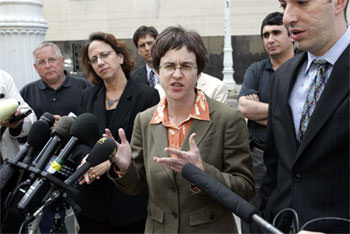
Truthdig salutes Ann Beeson, the American Civil Liberties Union officer and lead attorney for the plaintiffs in ACLU v. NSA, the case that persuaded a Detroit judge to order a halt to the Bush administration’s warrantless wiretapping program.
“By holding that even the president is not above the law, the court has done its duty under our Constitution to serve as a check on executive power,” Beeson said after the victory. “Throwing out the Constitution will not make Americans any safer.”
Integral to achieving her legal victory was the establishment of “standing” — the demonstration that plaintiffs in the case have been wronged by the Bush administration’s actions. To do this, Beeson and the ACLU assembled a collection of journalists, scholars, attorneys and nonprofit organizations that claimed that the NSA’s spying program was preventing them from communicating with clients or sources who may have been under government surveillance. (This was no mean feat, considering that because of the secretive nature of the program it was almost impossible to know which calls the NSA was tapping.)
At the end, however, federal district Judge Anna Diggs Taylor accepted Beeson’s argument and ruled in favor of the ACLU, writing:
“It was never the intent of the Framers to give the president such unfettered control, particularly where his actions blatantly disregard the parameters clearly enumerated in the Bill of Rights. … There are no hereditary Kings in America and no powers not created by the Constitution. So all ‘inherent powers’ must derive from that Constitution.”
Check out information on Beeson’s background from the ACLU website:
Dig, Root, GrowBased in New York, she has litigated numerous civil liberties cases across the country. In November 2001, she argued before the United States Supreme Court in Ashcroft v. ACLU, a challenge to the Child Online Protection Act (COPA), in which the lower courts had struck down Congress’s attempt to impose criminal sanctions on protected Internet speech. The Supreme Court remanded the case to the Third Circuit but left the injunction in place, and the Third Circuit recently struck down the law a second time.
As counsel for plaintiffs in Reno v. ACLU, Beeson was a primary architect of the landmark case in which the Supreme Court in 1997 declared the Communications Decency Act (CDA) — the first federal Internet censorship law — unconstitutional and unequivocally affirmed free speech rights in cyberspace. “We’re defining the legal parameters of civil liberties in the digital age,” says Beeson, a former Litigation Director of the ACLU’s Technology and Liberty Program. “This continues to be a cutting-edge area of the law.”
This year, we’re all on shaky ground, and the need for independent journalism has never been greater. A new administration is openly attacking free press — and the stakes couldn’t be higher.
Your support is more than a donation. It helps us dig deeper into hidden truths, root out corruption and misinformation, and grow an informed, resilient community.
Independent journalism like Truthdig doesn't just report the news — it helps cultivate a better future.
Your tax-deductible gift powers fearless reporting and uncompromising analysis. Together, we can protect democracy and expose the stories that must be told.
This spring, stand with our journalists.
Dig. Root. Grow. Cultivate a better future.
Donate today.

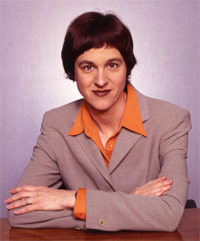
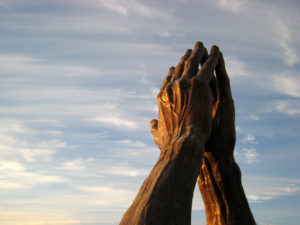
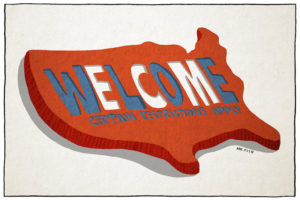
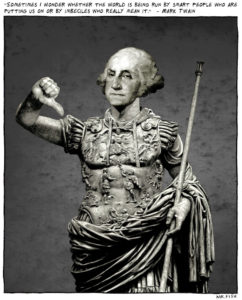

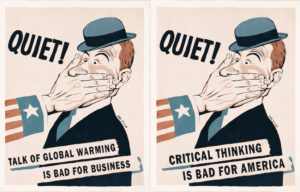

You need to be a supporter to comment.
There are currently no responses to this article.
Be the first to respond.